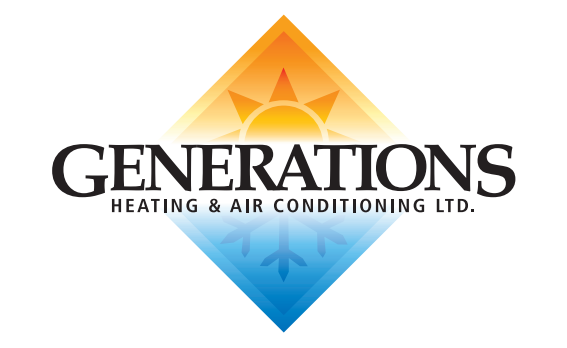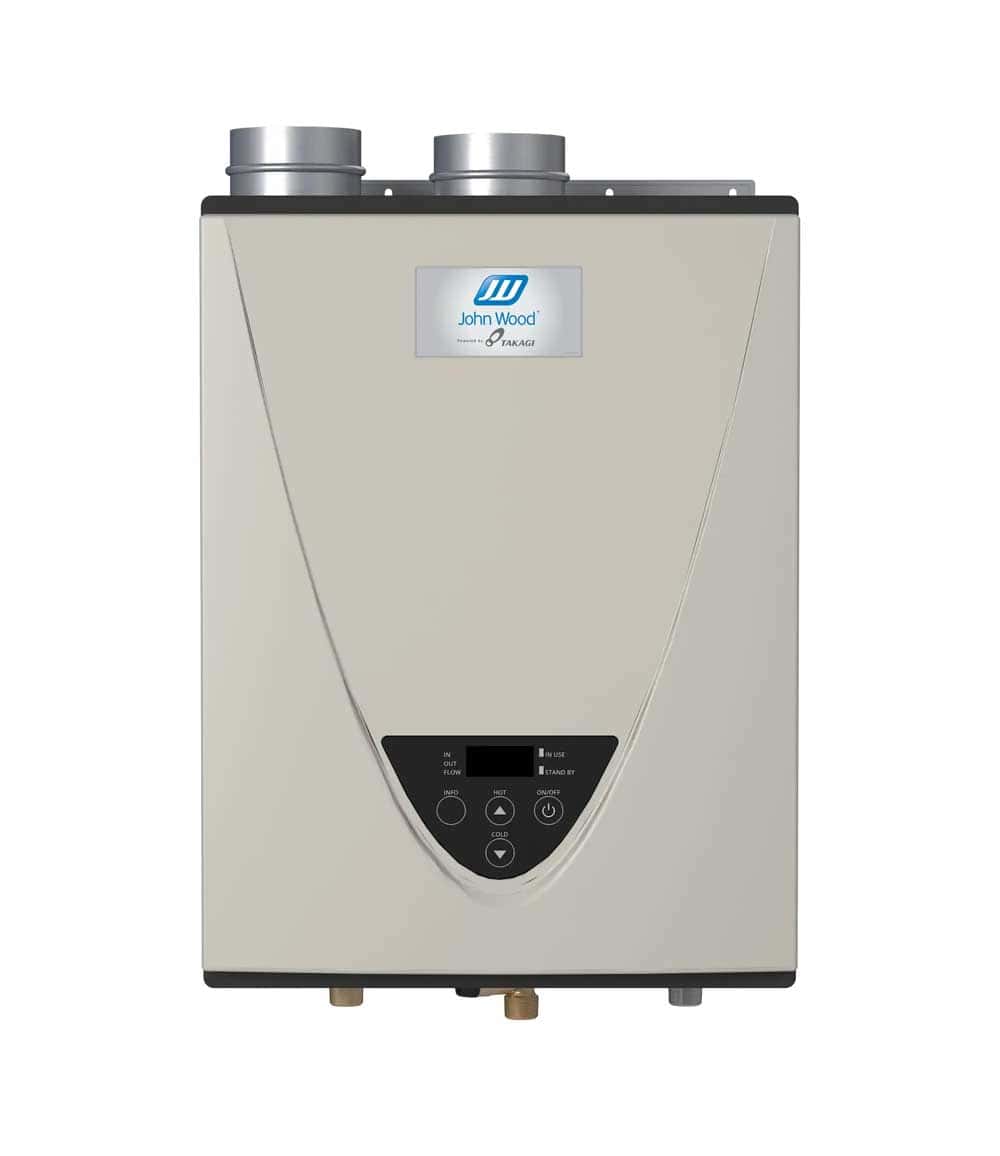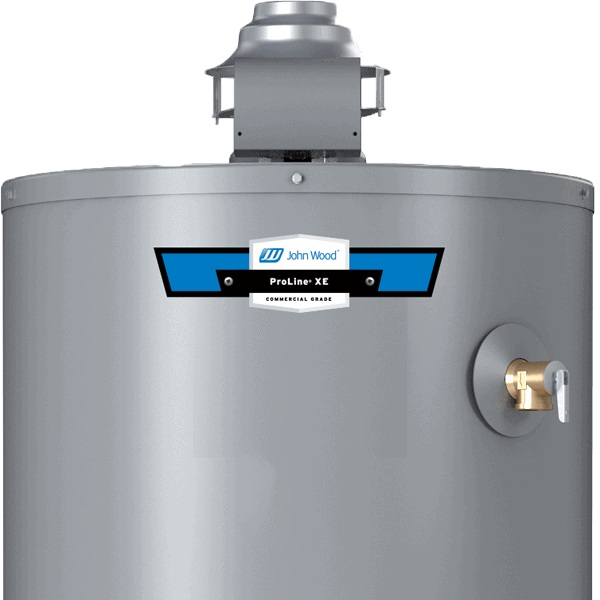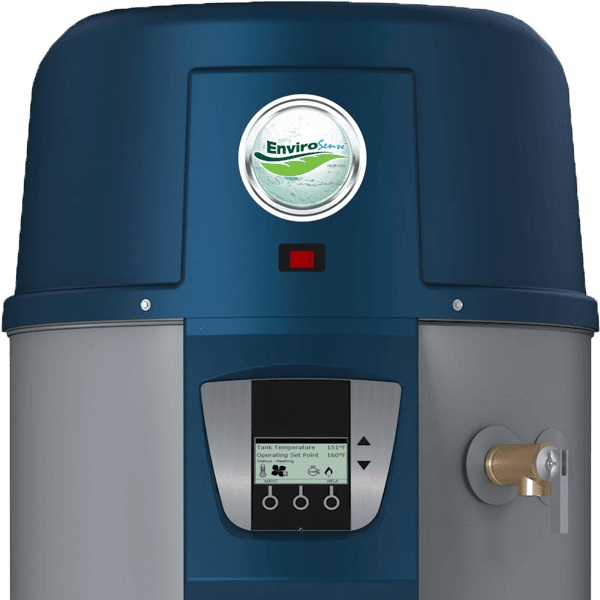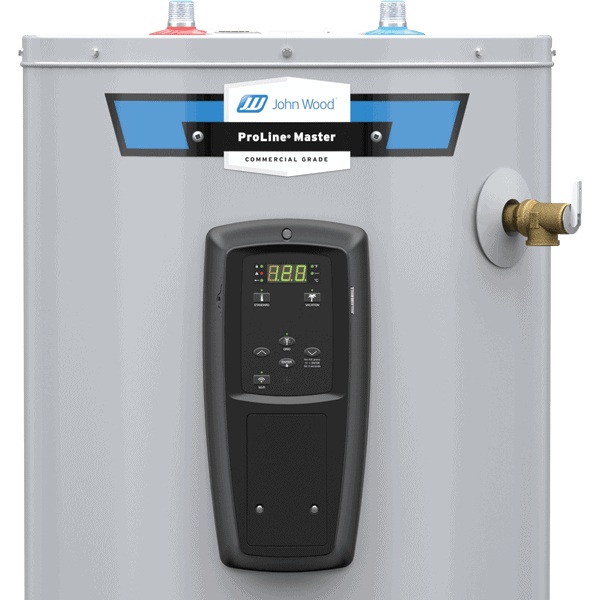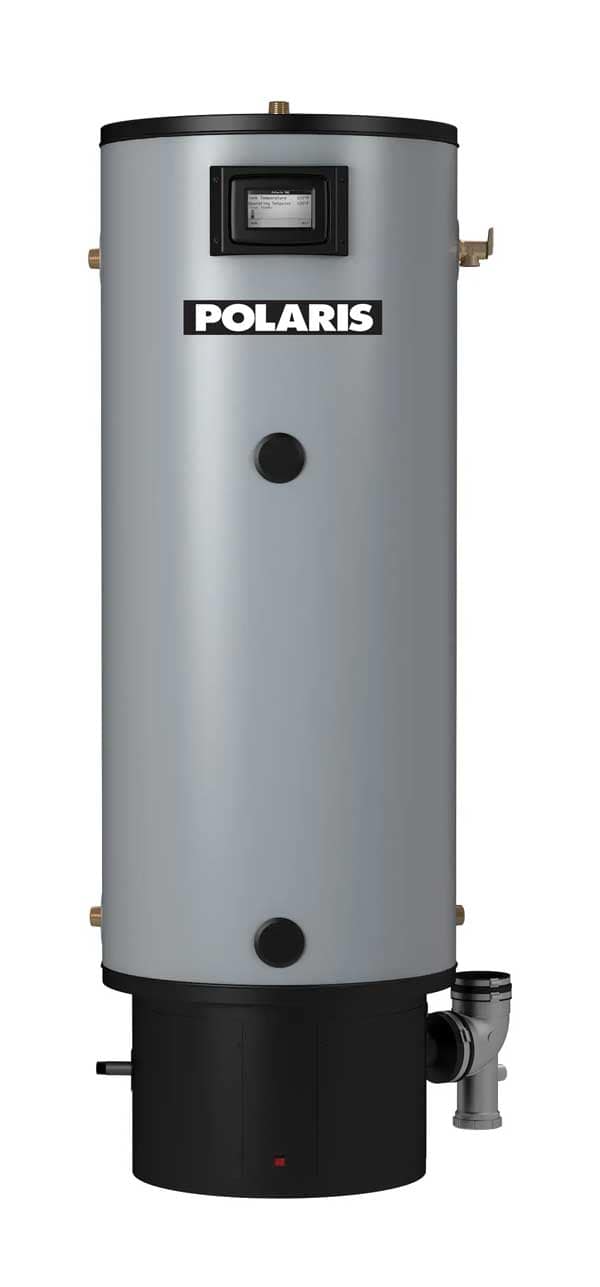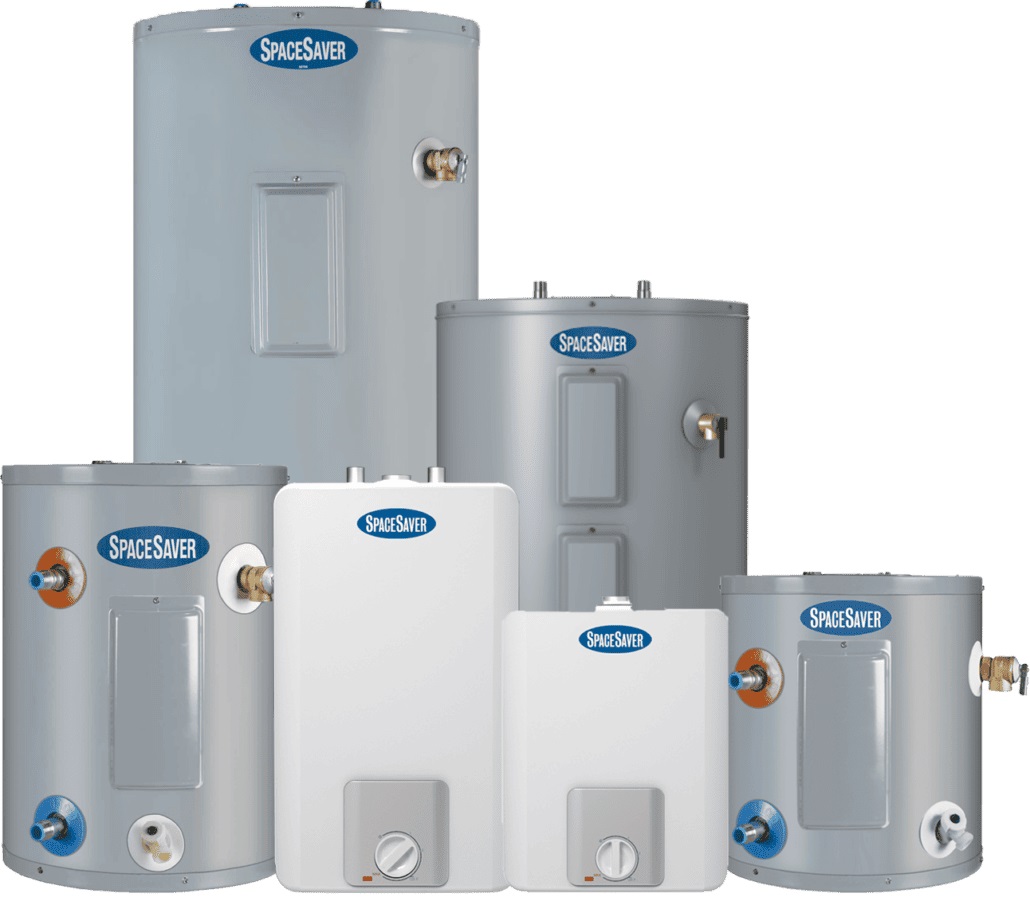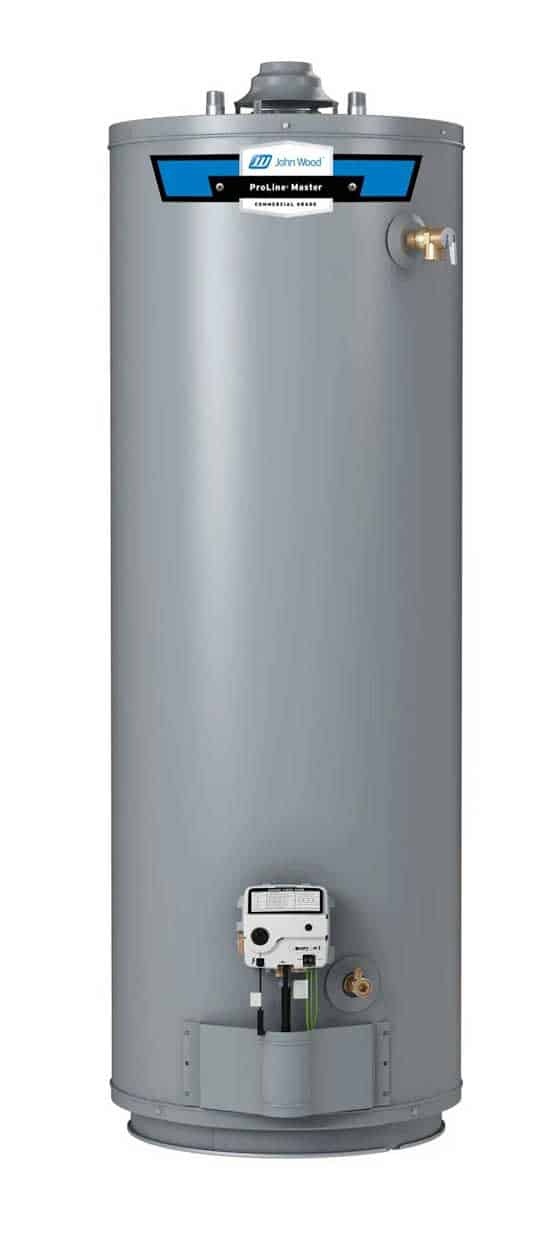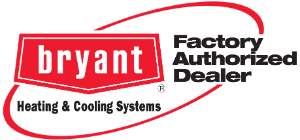Best Water Heater Options for Your Home 2025
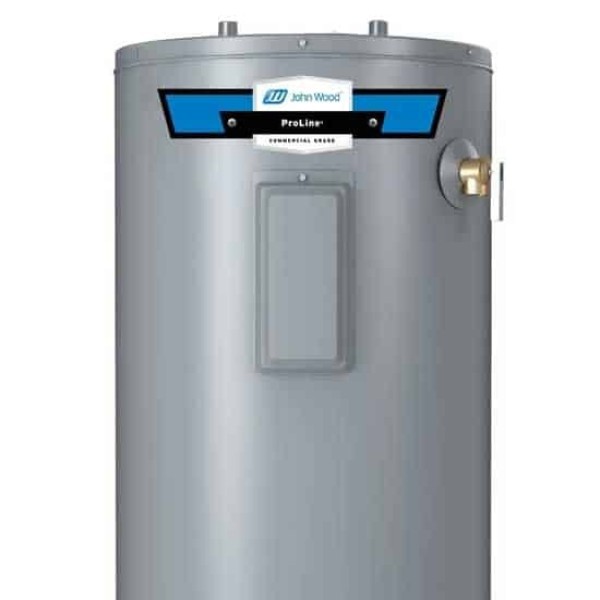
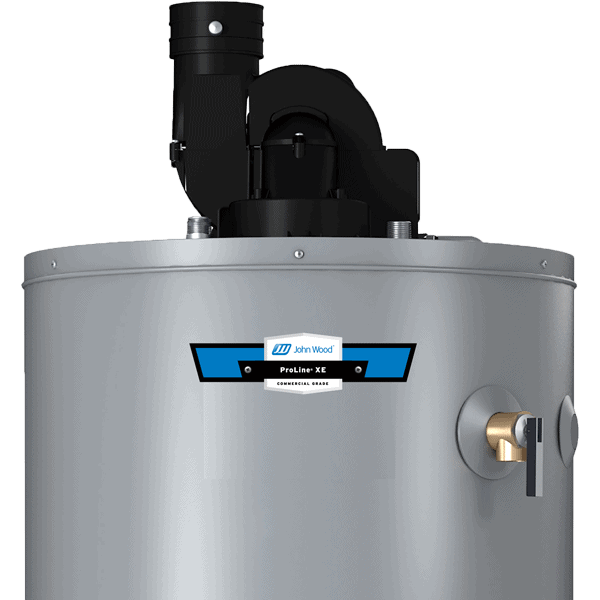
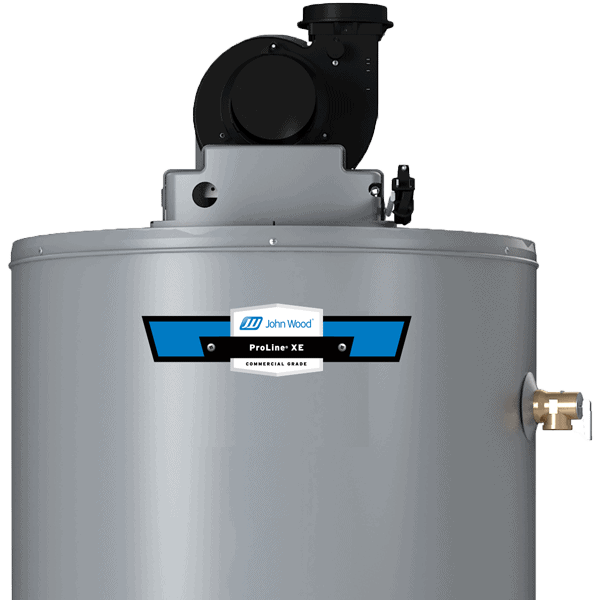
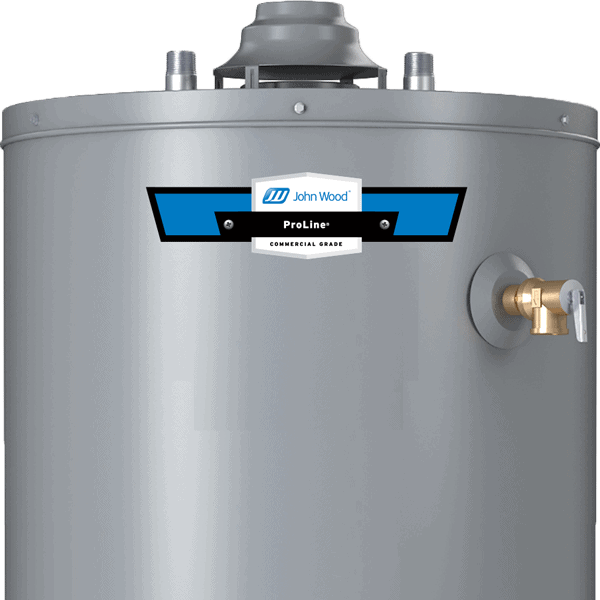
Choosing the best water heater for your home is essential for ensuring year-round comfort, energy efficiency, and cost savings. Whether you’re upgrading your current system or replacing a broken one, selecting the perfect water heater can make a significant impact on your monthly utility bills and overall convenience. In this guide, we’ll explore five of the most popular types of water heaters:
- Tankless Water Heaters
- Gas Storage Tank Water Heaters
- High-Efficiency Gas Storage Tank Water Heaters
- Electric Water Heaters
- Propane Storage Tank Water Heaters
At Generations Heating & Air Conditioning, our team is here to help you assess your needs and make an informed decision, ensuring you find the best water heater for your home and budget. Contact us today to get started.
1. Tankless Water Heaters
Overview
Tankless water heaters, also known as on-demand water heaters, are a new and energy-efficient way of heating water.
In contrast to traditional storage tank units, tankless heaters do not store water in a tank.
Instead, they heat water immediately as it passes through the device when required.
This will never run out of hot water because the system continues to heat water as needed.
Tankless water heaters are compact, wall-hung, and supply an endless quantity of hot water, which is why they're so popular among homeowners who want to save space and energy.
Things to Consider for Your Home
Home Size
Tankless water heaters are perfect for small houses or families with little space. Their compact size allows them to be installed in tight spaces like closets, basements, or utility rooms. If you have a larger home, you may need to install multiple tankless units to ensure that every area of the home gets hot water when required. You should consider the hot water demands in various areas of your home prior to choosing a tankless unit.
Family Size
Tankless units are best suited for small and medium-sized families with typical hot water demand. If your household typically relies on hot water for a couple of showers or appliances at once, a tankless water heater can provide it. Larger households with multiple users of hot water simultaneously—such as morning shower time when the whole household is getting ready—might find a single tankless unit insufficient. Multiple units would need to be installed or an upgraded unit must be chosen in such cases.
Budget
One of the primary considerations in choosing a tankless water heater is the up-front cost. These devices cost more to buy than traditional storage tank heaters. Installation charges might be higher, too, if your home needs electrical or gas line upgrades to accommodate the device. But long-term savings are significant. Tankless water heaters are more efficient since they heat water only when required, unlike traditional systems that continuously heat and store water. These energy savings can cover the cost in the long term.
Efficiency
Tankless water heaters are highly efficient compared to traditional ones. They do not have standby heat loss, which exists in storage tank systems, as they use energy only when there is a need for hot water. They are thus a great choice for environmentally friendly homeowners who want to conserve energy. A one demerit, however, is that their efficiency can be reduced when more than one outlet requests hot water simultaneously. If multiple people are using water simultaneously (e.g., different showers or appliances), the water temperature may be unstable. Choosing a larger unit or several units for large-demand homes can prevent this issue.
In short, tankless water heaters offer a convenient and space-saving solution for most homes with average hot water demands. Depending on your home size, household hot water usage, and budget, you can decide whether or not a tankless system is right for your home.
2. Gas Storage Tank Water Heaters
Overview
Gas storage tank water heaters are the traditional, popular systems that heat and store plenty of water for later use.
These systems use natural gas as a fuel source to heat the water in a tank, which is available for use whenever you need it.
Gas storage water heaters come in various sizes, holding up to 30 to 80 gallons or more of hot water, depending on your needs.
These units are dependable and have a history of providing a steady supply of hot water and therefore are a top choice for many households.
Things to Consider for Your Home
Home Size
Gas storage tank water heaters are usually quite suitable for large to medium-sized households. The fact that they store and provide hot water in a big tank makes them perfect for households with greater hot water demands, like houses with more than one bathroom or bigger kitchens. Gas storage tank water heaters can supply your needs quite effectively, with a constant availability of hot water, if your household has a large hot water demand.
Family Size
They are perfect for families that need a constant and continuous hot water supply throughout the day. You will have more than enough hot water with a gas storage tank to cater to the demands of multiple users at once, such as showering, doing dishes, or laundry. The size of the tank you'll need will depend on your home's demand for hot water, but generally speaking, gas storage tank heaters are a great choice for families with higher daily hot water requirements.
Budget
One of the best advantages of gas storage tank water heaters is that they represent a lower upfront cost. These units are less costly to purchase and install compared to other water heaters, including tankless ones. However, while the initial outlay is low, the running costs will vary depending on how efficiently the unit is operated and on the price of natural gas where you live. In the long run, you may find that the costs of running a gas storage heater add up.
Efficiency
Traditional gas storage tank heaters will be less efficient in terms of energy usage compared to some newer models like high-efficiency units or tankless heaters. This is mainly due to standby heat loss, which occurs when the water in the tank loses heat and the heater has to use energy to keep it warm. Although they provide a steady hot water supply, you may find that efficiency will be different based on how efficiently the unit can maintain the water warm for a period of time. There are high-efficiency models of gas storage tanks available that can save more energy than the old models.
In conclusion, gas storage tank water heaters are an affordable, dependable option for homes with medium to large hot water needs. The ability to store and deliver hot water makes them a suitable option for homes that require a steady supply of hot water, but efficiency and energy cost in the long run ought to be considered when selecting the right model.
3. High-Efficiency Gas Storage Tank Water Heaters
Overview
High-efficiency gas storage tank water heaters are the next generation of gas storage tank water heaters that provide the same hot water supply with even greater reliability and lesser energy consumption.
These appliances use newer technology, such as advanced insulation and efficient burners, to save more energy and thereby reduce its cost of operation.
With the help of high-efficiency components, these water heaters retain heat for longer periods and reduce standby heat loss—one of the biggest energy guzzlers in standard models.
If you want a reliable water heater that will earn its keep in the long run through cost savings on energy bills, a high-efficiency gas storage tank is what you might be looking for.
Things to Consider for Your Home
Home Size
High-efficiency gas tank water heaters are adaptable and ideal for any home size. Whether you live in a house or an apartment, there is a high-efficiency gas model that can meet your home's hot water needs. High-efficiency gas tank water heaters have various sizes, and they will keep supplying a constant quantity of hot water, hence ideal for homes that use different amounts of hot water.
Family Size
Such water heaters are particularly suited for those families that have a high requirement of hot water usage on a day-to-day basis, like families with more than one bathroom or frequent daily uses of appliances like dishwashers and washing machines. High-efficient gas types of water heaters are particularly suited to families that want to reduce their energy usage without affecting the reliability or availability of hot water.
Budget
One of the trade-offs with high-efficiency gas storage tank water heaters is the higher initial cost. These units are typically more expensive to purchase and install than standard models due to the advanced technology and improved efficiency. However, the higher upfront cost is often offset by lower operating expenses over time. With reduced energy consumption, you’ll notice savings on your utility bills, making this option a more cost-effective choice in the long run.
Efficiency
Highly efficient gas storage water heaters are much more energy-efficient than conventional gas models. With the new technologies like enhanced burners, high-end insulation, and smart thermostats, the heaters consume less energy, keeping the water temperature just right with a minimal amount of energy input. This renders them efficient both in reducing your bills and your carbon footprint, making them an excellent choice for eco-conscious homeowners.
Generally, high-efficiency gas tank water heaters are an excellent choice for homes who want a reliable, energy-saving water heating solution. While more costly upfront, the long-term savings and economy of energy usage make it highly worthwhile for homeowners looking to cut down on total energy consumption.
4. Electric Water Heaters
Overview
Electric water heaters employ electric resistance heating elements to heat water kept in a storage tank.
Electric water heaters are a convenient and readily accessible heat source for house dwellers, especially in those areas where access to natural gas is not a choice.
The water is heated through electrically driven heating parts within the storage tank, and after the water reaches the selected temperature, it is held and kept until drawn on.
Electric water heaters are also easy and efficient, and as they operate using electricity.
They can be a wonderful choice for homes that are already connected to electricity and not reliant on gas systems.
Things to Consider for Your Home
Home Size
Electric water heaters function best for small to medium-sized homes. They come in small sizes, which make them suitable for crowded areas like closets or the basement. Thus, electric water heaters can easily be accommodated in a house that does not have enough space. If you have a large house that needs more hot water, a large electric water heater can be used, although sometimes it might need to be supplemented with additional units in order to have continuous hot water throughout the entire house.
Family Size
Electric water heaters fit families with standard hot water use. If your family typically requires hot water for a couple of showers or devices at the same time, an electric water heater will be adequately able to supply these requirements. However, if you have a large family or you have high concurrent hot water use, you will experience a longer recovery period or even need a bigger unit. In such cases, it's worth considering the tank capacity and recovery rate of the appliance to decide if it will be appropriate for your home's needs.
Budget
Another benefit of electric water heaters is that they are usually cheaper to purchase and install compared to gas or high-efficiency models. This makes them a cost-effective option for homeowners who need a reliable water heater. Regional electricity rates can significantly impact your monthly bill. In areas with high electricity rates, the use of an electric water heater may be more expensive than gas models.
Efficiency
The cost to operate an electric water heater largely depends on the rate of electricity. When electricity is high-cost in certain locations, the operating cost cancels out the energy savings. Electric water heaters are still popular because they are easy and easy to use.
An electric water heater that is the right size for your family's needs can ensure efficient and constant hot water availability for many years.
5. Propane Storage Tank Water Heaters
Overview
Propane storage tank water heaters operate similarly to traditional gas storage heaters but use propane instead of natural gas.
Propane storage tank water heaters use propane to heat water in a tank for later use.
Like gas storage models, propane-burning heaters provide a steady supply of hot water to homes.
They work best for homes not on a natural gas line but would like to experience the benefits of a traditional tank water heater.
Propane is an excellent option in rural communities or zones where natural gas pipe installation is unavailable.
Things to Consider for Your Home
Home Size
Propane storage tank water heaters can be used in any home size. They are especially useful for homes located in areas where natural gas is not accessible, giving the same benefit as gas models but with the mobility of propane. Propane heaters are available in different sizes to meet your home's needs. Bigger houses might need bigger tanks or more than one unit to provide a constant flow of hot water for the whole family.
Family Size
These water heaters are ideal for high to medium hot water-consuming families. If your family frequently uses hot water for showering, washing dishes, or doing laundry, a propane storage tank water heater can provide a consistent and reliable amount of hot water. Large households with two or more bathrooms and heavy water consumption will enjoy the increased storage capacity and faster recovery rates that propane water heaters offer.
Budget
Although propane water heaters tend to be less expensive to purchase upfront than electric or tankless models, the price of propane fuel can vary. It's a good idea to research propane availability and prices in your region to see if this is an affordable choice for your residence. In certain situations, the variable price of propane might affect the long-term cost of running the unit, so it's a good idea to consider this in your decision-making process.
Efficiency
Propane tank water heaters are generally comparable in efficiency with gas models. They are consistent and reliable as a heater with minimal loss of energy. While propane systems are just as efficient as natural gas systems, there are also high-efficiency systems that save fuel and reduce operating costs. These units offer greater insulation and improved burner technology to enhance efficiency and reduce waste, making them a suitable choice for homeowners who want to increase energy efficiency.
Finally, propane storage tank water heaters are an excellent choice for homes where natural gas is not available. They are suitable for homes with heavy to moderate hot water demands and are available in many sizes. While the price of propane can fluctuate, there are high-efficiency models that will save fuel and lower operating costs. With proper planning and consideration of fuel availability, a propane water heater can be a cost-effective and reliable choice for your home.
For the Best Water Heater, Contact Generations Heating & Air Conditioning
Generations Heating and Air Conditioning is committed to helping you find the perfect water heater for your home. With our expertise and a wide range of options, we can tailor a solution to your specific needs. We also provide maintenance services for your water heater.
Schedule a consultation and discover the difference an energy-efficient water heater can make.
Generations: Your Furnace Expert Too!
At Generations Heating & Air Conditioning, our TSSA-certified technicians are friendly, knowledgeable, and dedicated to providing top-notch furnace maintenance and repair services. Serving Cambridge, Kitchener, Waterloo, and surrounding areas, we offer emergency furnace repair services when you need them most. To ensure your furnace operates at peak performance and efficiency, we strongly recommend a yearly inspection and maintenance program.
We will not only look after your furnace but also provide a full range of home comfort services including:
- Air Quality
- Ductless Heating
- Hybrid Heating
- Fireplaces
- Water Softeners
- Pool Heating
- Air Conditioning
- Duct Free
- Gas Fitting
- Water Heaters
Contact Generations Heating & Air Conditioning today at 519-635-4561 or fill out our online form to schedule your appointment.
What Our Customers Are Saying...
"The Team is amazing. Scott is so nice to deal with, helpful, smart and professional. The installation and manufacturing Team were awesome, Ron, Spencer, Lee and Rob did a terrific job, all in the time promised and left the work space clean and tidy. Great company"
-Carol Caughill
